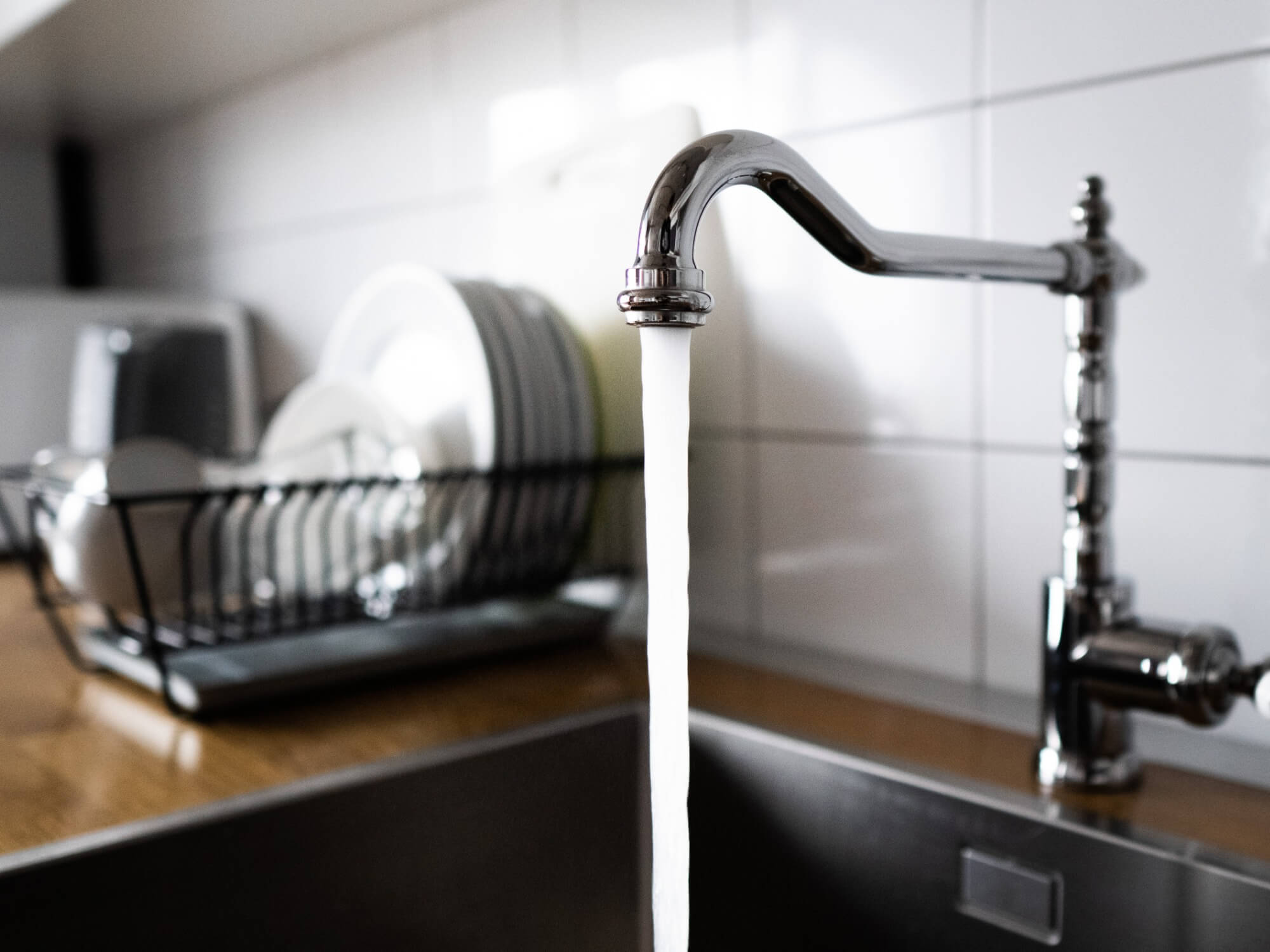It goes without saying that pipes play a critical role in our plumbing systems. Without them, we’d be unable to move water into and out of our homes. Considering how vital our pipes are to the smooth function of our plumbing systems, it’s in every homeowner’s best interest to keep their pipes as healthy and well-maintained as possible. After all, damaged and worn pipes can lead to leaks, which are a costly problem that most would undoubtedly prefer to avoid. So, to help homeowners evade such harmful issues, we at Quality Plumbing of Gainesville Inc. encourage you to utilize the following tips for reducing stress on your pipes.
Contact our plumbing company today to schedule plumbing repairs or learn about our many plumbing services!
Lower Your Water Pressure
There are few things more refreshing than a nice hot shower with high water pressure. Homes with good water pressure also benefit from appliances that run well. However, there is a point where high water pressure becomes excessive and begins to pose more threats than benefits. Water pressure that’s higher than 85 psi can take a severe toll on your pipes, faucets, and valves, causing wear and tear that may lead to leaks. Ideally, your water pressure should rest somewhere between 40-85 psi. You can check your water pressure using an instrument known as a hose bib pressure gauge, which can be found in most home improvement stores. If your water pressure exceeds 85 psi, then you’ll need to install a pressure regulator.
Signs Your Water Pressure Is Too High
The following are a few telltale signs that your water pressure is too high and may end up damaging your pipes:
- Toilets constantly run
- Faucets consistently drip
- There’s a burst of water when turning on your shower
- Loud banging sounds from walls when water is turned off
- Pricey water bills
Install A Water Softener
Water with high amounts of mineral content, mainly dissolved calcium and magnesium, is what’s known as hard water and is a long-term threat to your plumbing system’s pipes. Hard water will inevitably lead to a build-up of sedimentation in your pipes, which can block water flow and increase the rate of corrosion throughout your plumbing system. The simplest and most effective way to combat the stress produced on your pipes by hard water is to install a water softener that will treat water as it enters your home.
Signs Of Hard Water
Before installing a water softener, check around your home for these common symptoms of hard water:
- White scaling on faucets
- Mineral residue on dishware
- Low water pressure
- Staining on showerheads and faucets
- Soap scum in tubs/sinks
